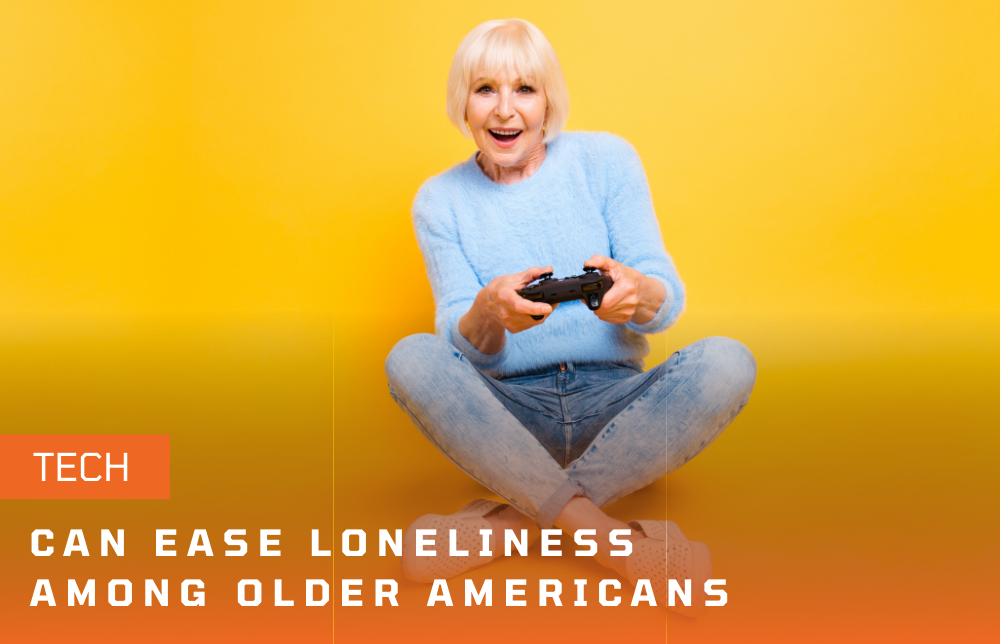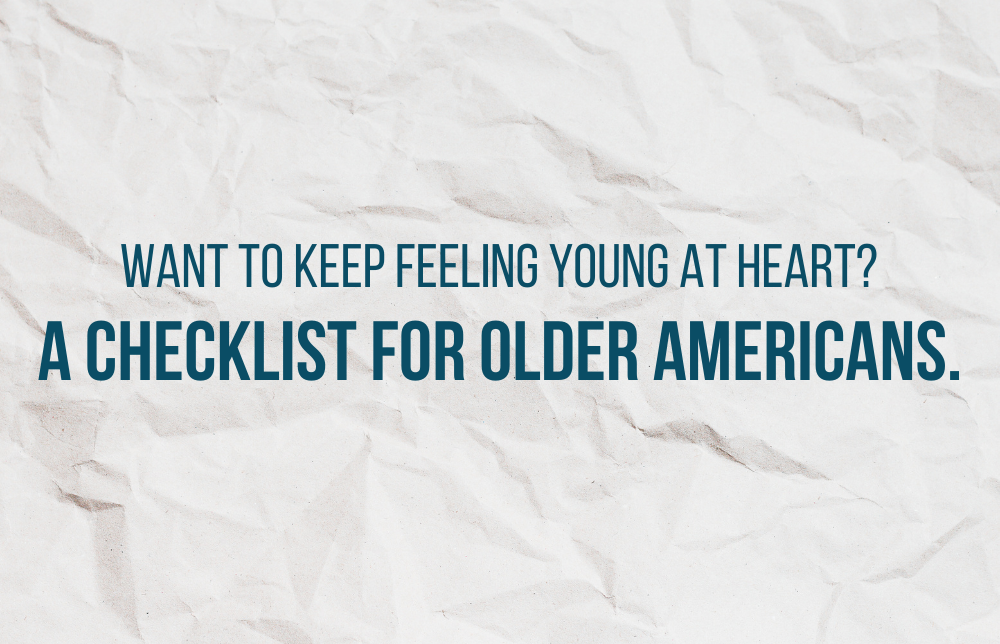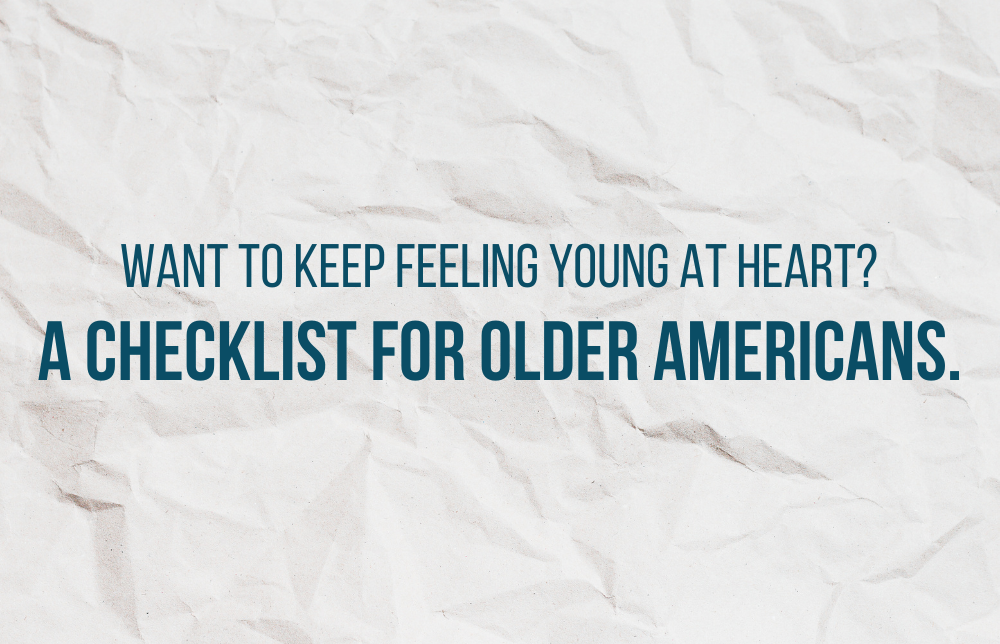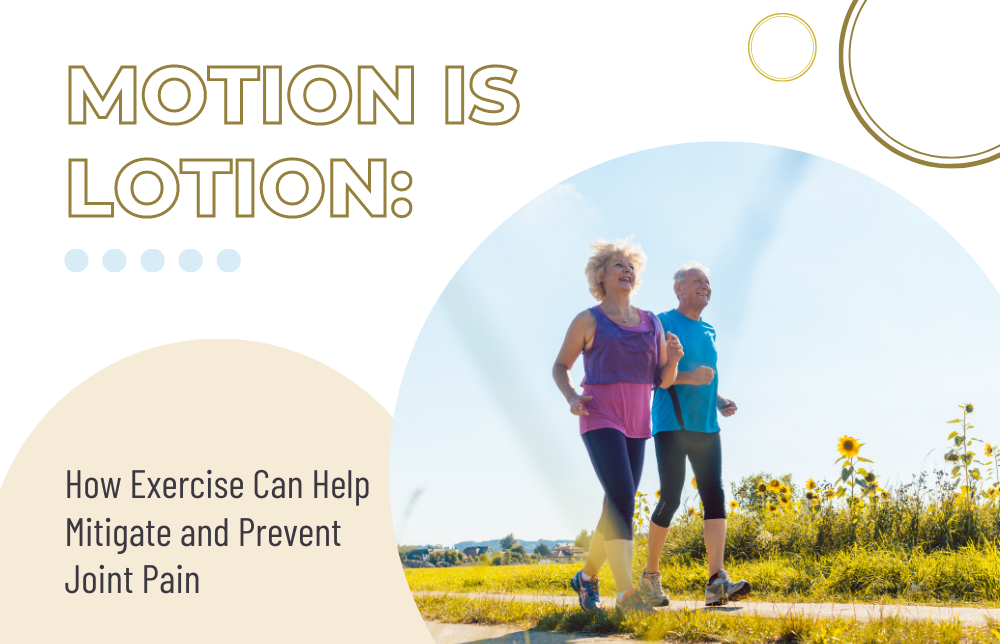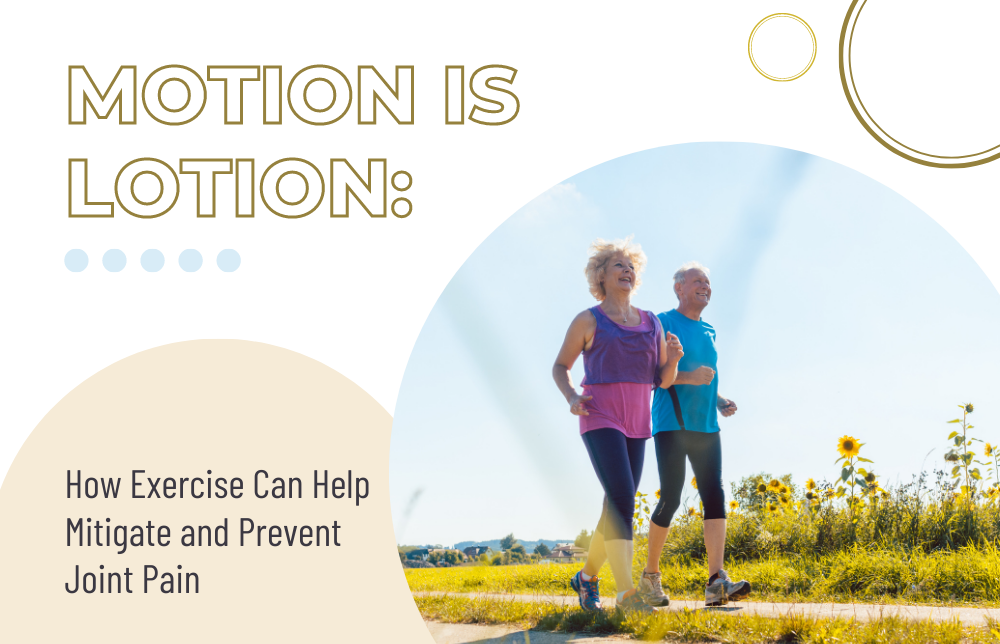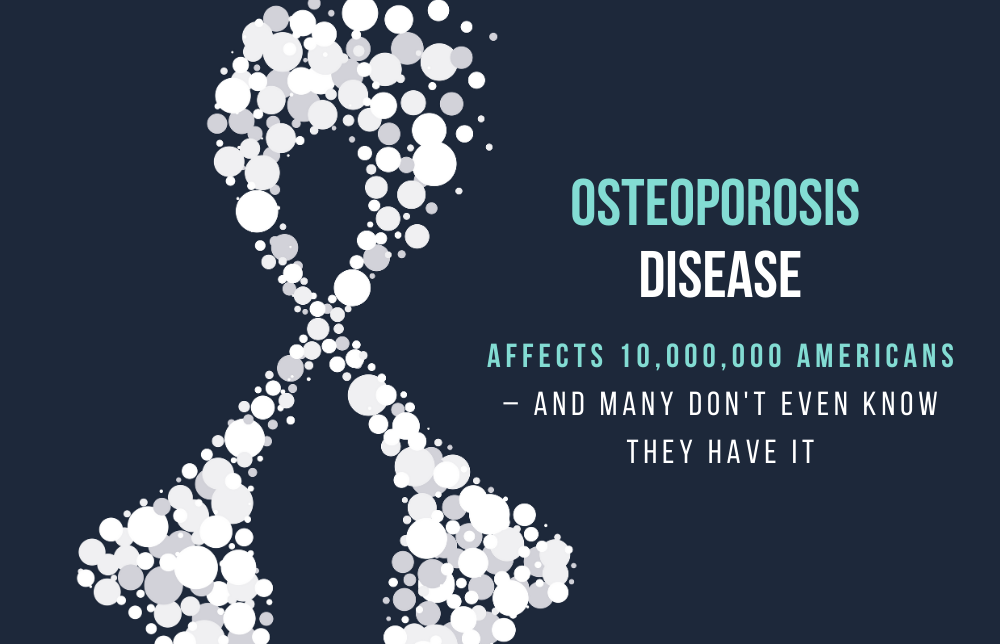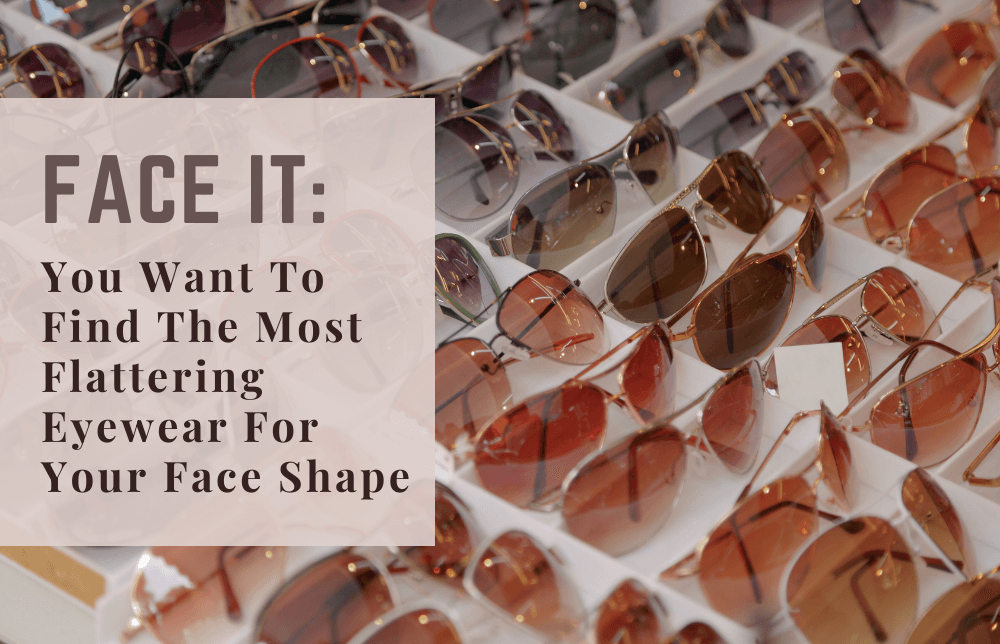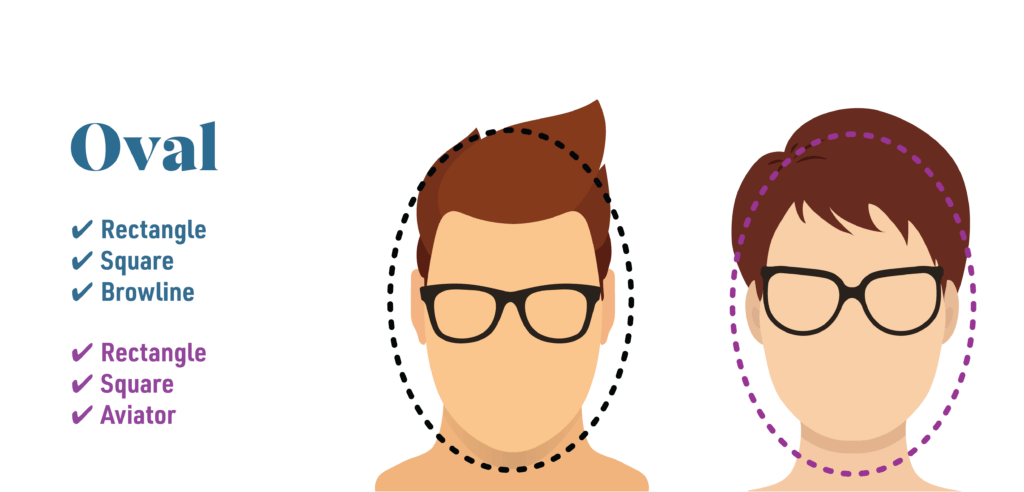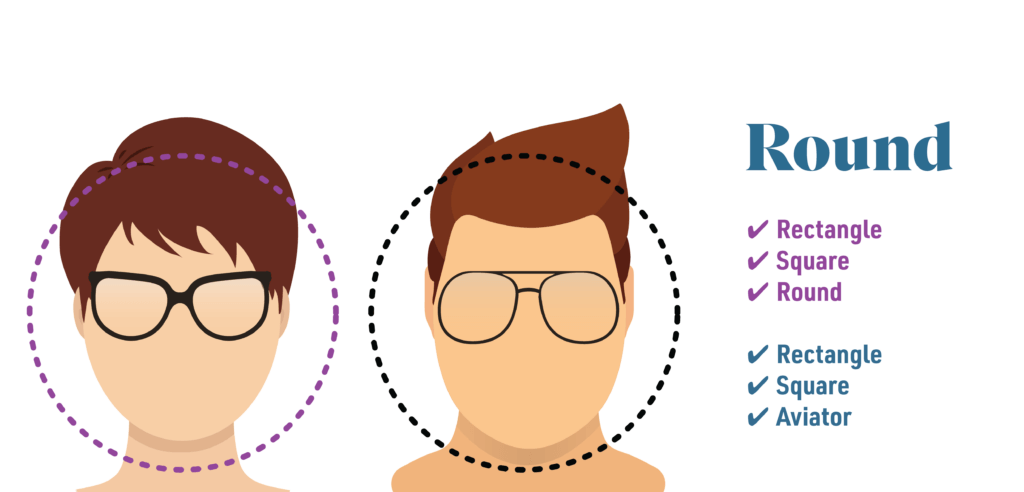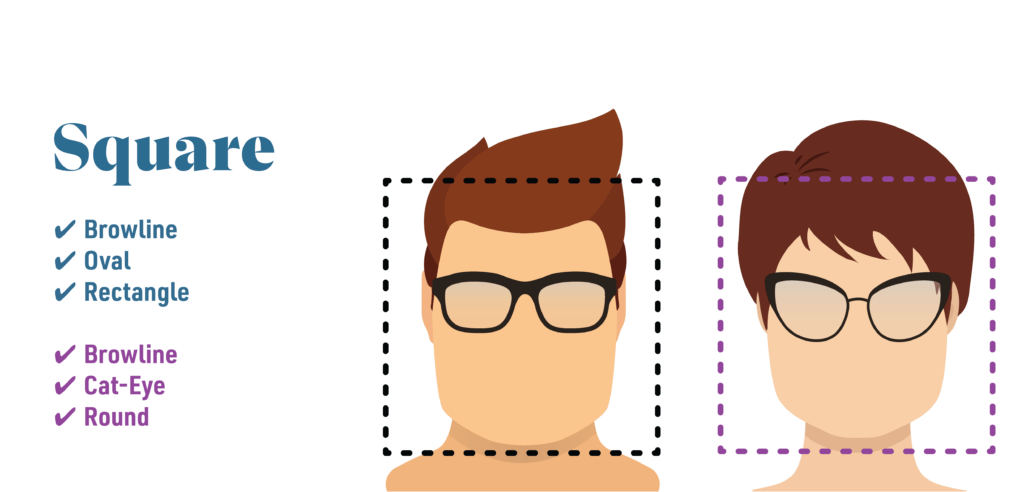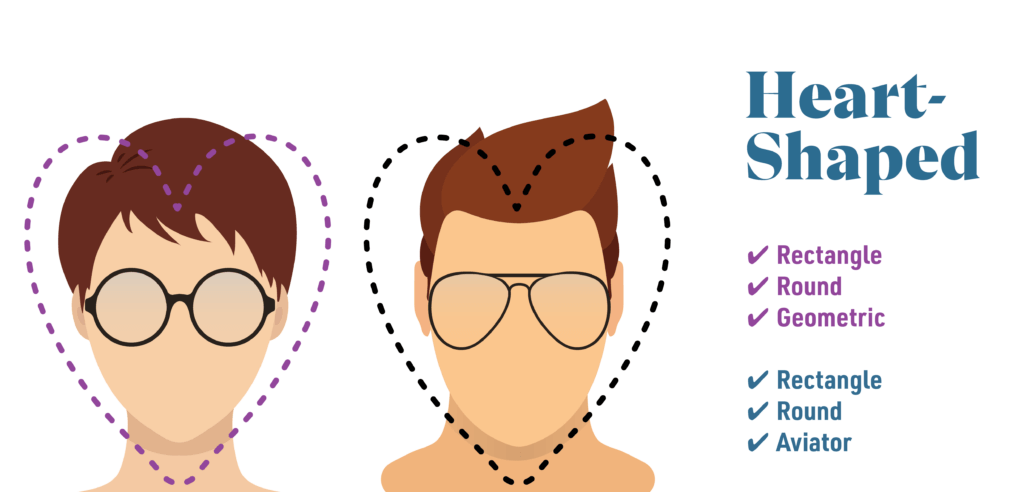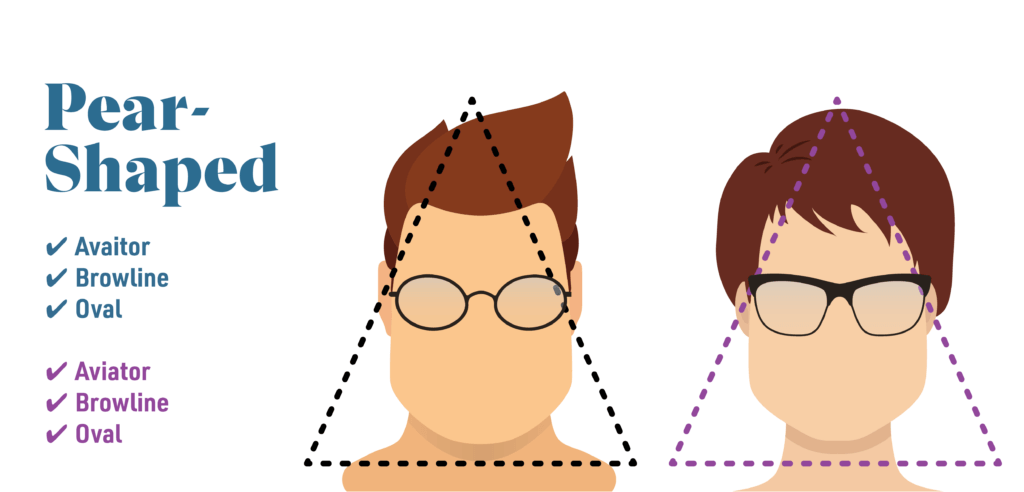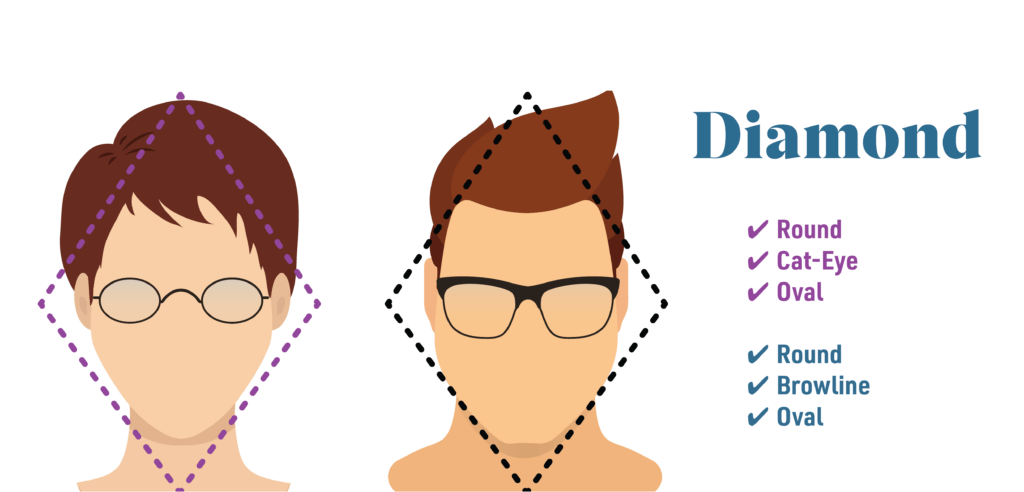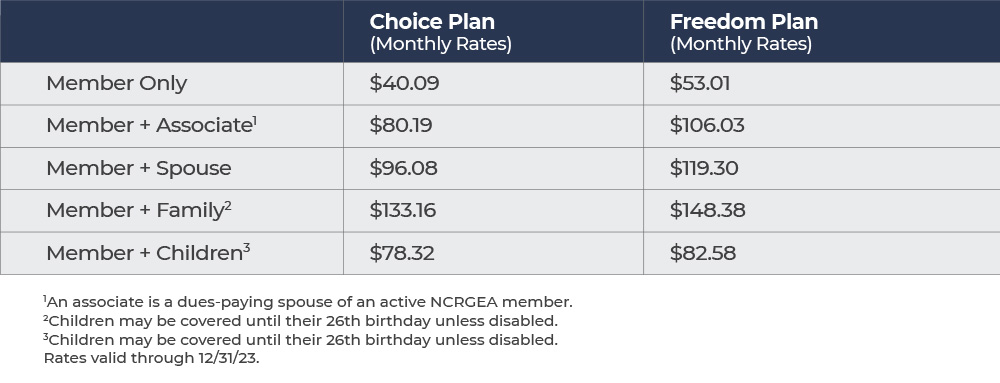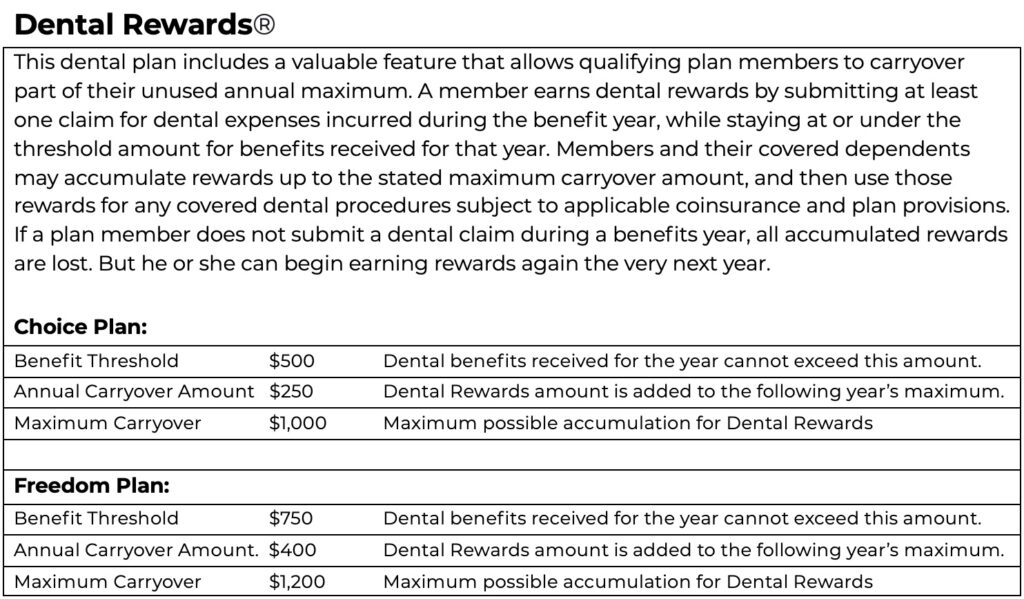3 Reasons Why the Dog Days of Summer Can Be Hard on Your Teeth
Isaiah
on
August 17, 2023

Summertime can be a time of great enjoyment. Many of us enjoy outdoor activities like bike rides, hiking, and trips to the beach. However, while getting the most out of the season can improve your state of mind and physical fitness, it can be bad for your dental health.
3 reasons why summertime can pose risks for your teeth:
1 – Dehydration Can Damage Your Teeth
Under normal conditions, salivation moisturizes and protects your teeth and gums. Saliva has antibacterial properties, which helps control the bacteria that attack your teeth and gums. But the summertime heat can leave your body – and mouth – dehydrated. Especially if you’re working out, playing sports, or just working in the garden, if your saliva levels decrease, it can leave your mouth vulnerable.
Even more concerning, when you get dehydrated, saliva can turn acidic and lead to increased risk of tooth damage. Saliva also contains minerals that help restore your teeth and helps maintain a neutral pH in your mouth.
Especially in the summertime, make sure you drink plenty of water every day. This will help ensure bacteria is washing away from your teeth enough throughout the day. If you enjoy sports drinks, be aware they contain a lot of sugars and are frequently very acidic. At the very least, consider getting the sugar-free options so you don’t coat your teeth in sugar.
2 – Sugary and Acidic Summer Drinks
Speaking of sugary and acidic drinks: while there’s nothing like enjoying a cool glass of iced tea or lemonade in the summertime, be aware these refreshments tend to have a lot of sugars and are highly acidic. Unfortunately, the same can be said for a cold beer, a glass of wine, or many other drinks. The sugar and acids in these options can leave a coating of bacteria that will cause cavities and gum disease as well as eat away at your teeth’s enamel. Limit the number of these drinks and rinse them down with lots of water. Adding an additional tooth brushing during the summer can also help.
3 – Swimming Pools and Teeth
Since water is so good for your teeth, then a dip in the swimming pool can only be good for them, right? Unfortunately, chlorine can damage your oral health. Most pools have a pH between 7.2 and 7.8, but often drop below these levels which means the water is acidic. When pool water gets in your mouth the acid from the chlorinated water can wear away your enamel and cause tooth discoloration.
Keep Your Teeth Healthy with a Dental Plan from NCRGEA and AMBA
You can enjoy great oral health for many summers to come by taking care of your mouth. With smart preventative oral care including getting checkups 2x a year with your dentist, you can significantly reduce the risks to your teeth and can help you keep your mouth healthy. Exams every six months give your dentist a chance to provide advice on caring for your teeth and allows them to detect oral health problems early, when they’re most treatable.
NCRGEA and AMBA offer excellent Dental Plans with low deductibles, high maximums, and no waiting period. This plan gives you coverage with over 400,000 in-network providers nationwide and includes savings on twice yearly checkups, fillings, and many procedures. Sign up now at www.ambadentalvision.com/ncrgea or call 800-956-1228.
Source: https://www.washingtonian.com/2011/05/24/how-swimming-pools-can-hurt-your-teeth/


